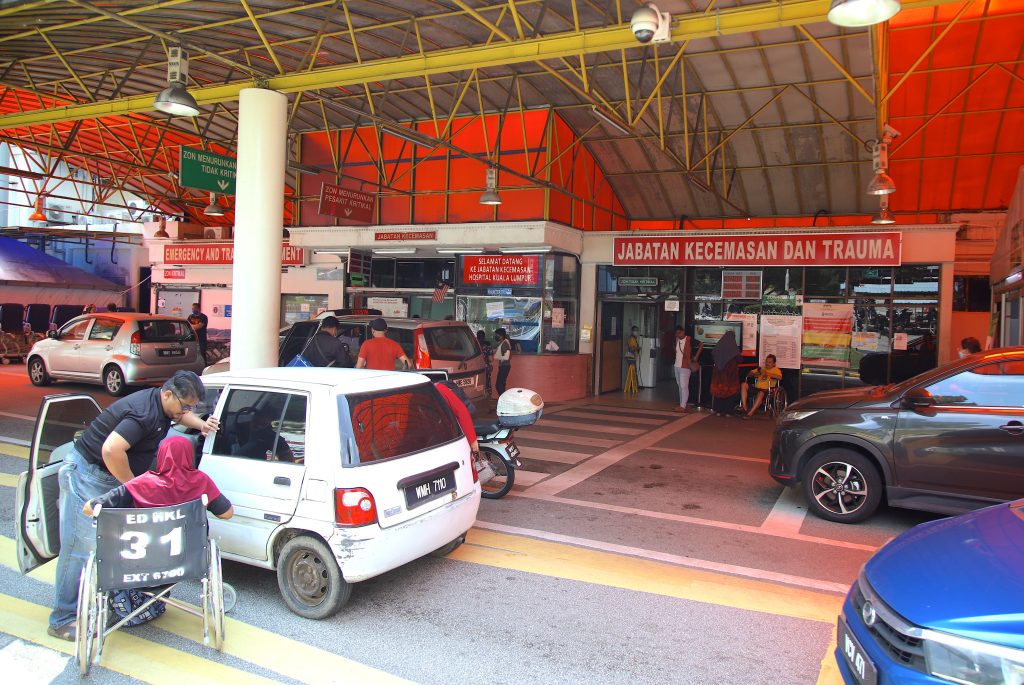
SOME of the liquefied natural gas industry’s biggest companies are skipping a key conference in Qatar as regional security concerns persist amid US-Iran nuclear talks anticipated this week.
Several Japanese buyers opted not to take part. Tokyo Gas Co. decided not to attend the LNG 2026 conference taking place in Doha due to safety considerations, according to the company spokesperson on Monday. Osaka Gas Co. and Saibu Gas Holdings Co. made the same decision for similar reasons, company spokespeople said.
US President Donald Trump said he anticipates talks with Iran in the coming days, while Iranian President Masoud Pezeshkian ordered negotiations with Washington to begin “within the framework of the nuclear issue.” The moves underscore broader international efforts to ease tensions in the Middle East as Trump warns of possible military action if Tehran fails to reach an agreement to curb its nuclear program.
The LNG industry gathering is scheduled for Feb. 2-5, with about 16,000 trade visitors and 4,000 conference delegates expected, according to the event’s website. Speakers include Global Chief Executive Officer and Chair of Jera Co. Yukio Kani, President of QatarEnergy Saad Bin Sherida Al-Kaabi and executives from oil majors like ExxonMobil Corp., Shell Plc and ConocoPhillips.
Several European LNG importers, along with at least one supplier, will not attend the conference or are sending smaller delegations, according to people with knowledge of the matter.
Commonwealth LNG, which is developing a US export project, canceled its reception during the conference and cut back on its delegates, the people said, who asked not to be named as they aren’t authorized to speak to the media. The company declined to comment.
Venture Global Inc., a major US LNG supplier, will have a reduced presence at the conference “due to security concerns in the region and out of an abundance of caution,” it said in a statement.
Meanwhile, Japan’s biggest utility Jera is postponing or canceling non-essential travel to the Middle East as a general rule, with safety measures to be put in place should any travel occur, a spokesperson said. Japanese trading house Sumitomo Corp. is attending the conference but has reduced the size of its delegation due to safety concerns, according to a spokesperson. —BLOOMBERG
The post Major LNG players skip Qatar conference on security fears appeared first on The Malaysian Reserve.












 WE’VE all heard it before: Health is wealth. And honestly, right now, in Malaysia, it couldn’t ring truer. Think about it — without good health, everything else in life takes a back seat. Your career ambitions, financial stability, family life, even the simple peace of mind we all crave, can quickly crumble if your health falters. But when we zoom out from individual lives to the national scale, the question becomes bigger: How do we ensure everyone in the country can stay healthy without going broke?
WE’VE all heard it before: Health is wealth. And honestly, right now, in Malaysia, it couldn’t ring truer. Think about it — without good health, everything else in life takes a back seat. Your career ambitions, financial stability, family life, even the simple peace of mind we all crave, can quickly crumble if your health falters. But when we zoom out from individual lives to the national scale, the question becomes bigger: How do we ensure everyone in the country can stay healthy without going broke?




 IF YOU could safely implant a chip in your brain to enhance your intelligence, would you?
IF YOU could safely implant a chip in your brain to enhance your intelligence, would you?

